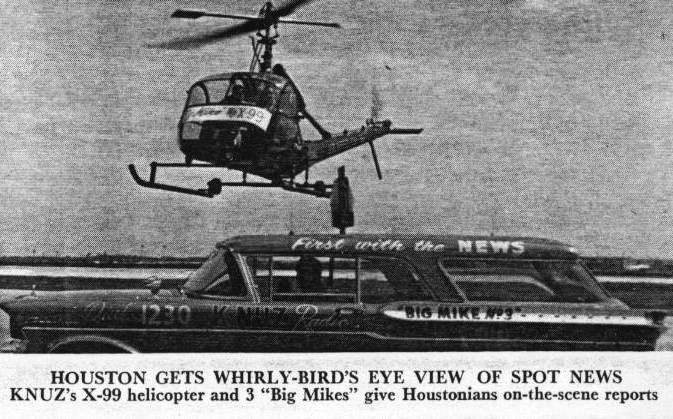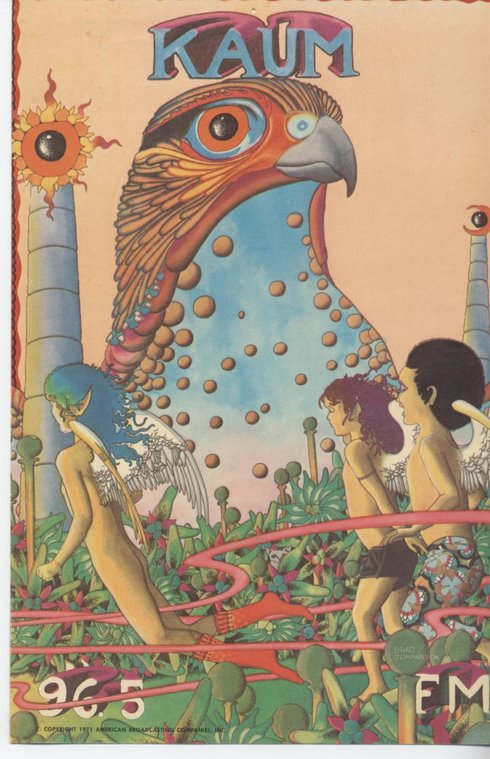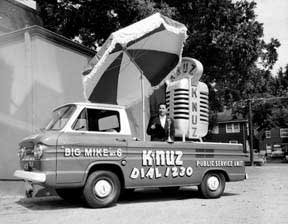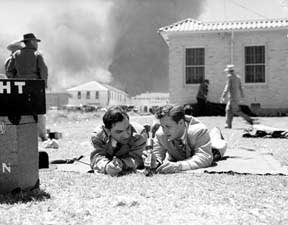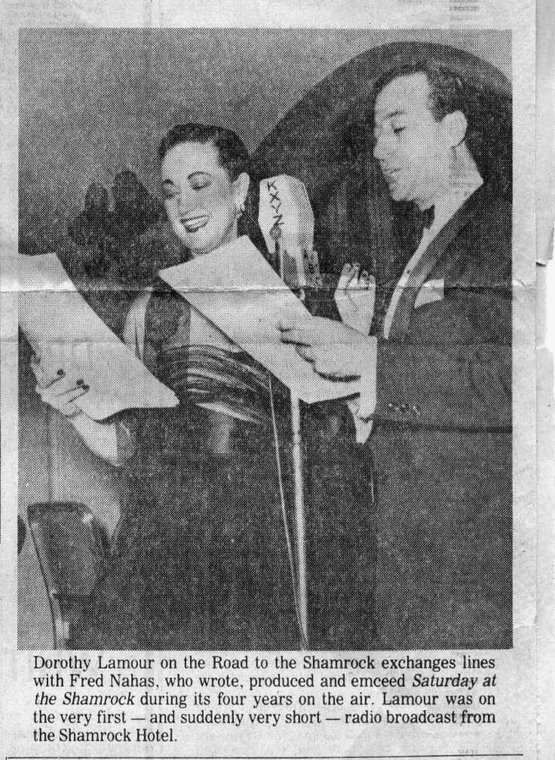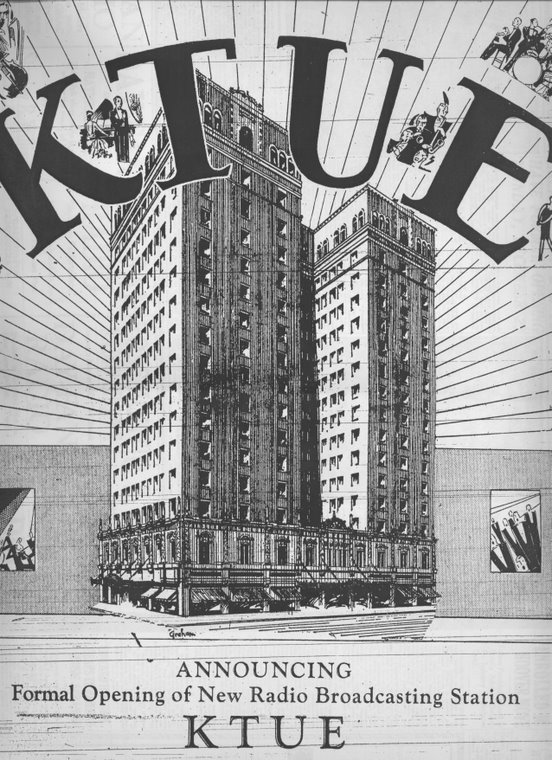Other Broadcasting related discussions online
EDITED 4/13/2014
In addition to the articles sometimes published in the Bayou City Houston blog in the Chronicle relating to broadcasting, there have been many discussions on HAIF, the Houston Architectural Information Forum, about radio, TV, and personalities. There's a link to the Historic Houston forum on the sidebar but some of the discussions have also taken place in the Houston and the Media Forum. Here are some of the threads. In some cases relatives of the personalities or participants in the shows discussed have contributed information but mostly it's memories (and sometimes, a few facts).
Radio related threads
KIKK
Tim and Bob, KPRC morning team
Alvin Van Black, KPRC and KTRH talk show host and KTRK-TV reporter
Paul Berlin, other KNUZ jocks, and the Larry Kane show on Channel 13
A KRBE Promo Stunt from the 1970s
Houston Radio, 1986, from an Astros Media Guide
TV Related Threads
A Thread on Houston TV Talk Shows over the Years
Larry Kane and Other TV Dance Shows
A Larry Kane Show clip
Don Mahoney and Jenna Clare, children's show hosts
More on Jenna Clare
Walter Cronkite
Kitirik
A Kitirik clip
Past TV Anchors
Ray Miller's Passing
TV Reporters
More on Past TV Personalities
KVVV-TV, Channel 16
Vintage Houston TV Commercials
A thread about Houston TV station sign-offs
Texas - the NBC soap, 1980s
Houston College Bowl TV show
In addition to these threads which have a historical connection, there are many threads on HAIF on the Houston and the Media board about broadcasting today, format changes, personality comings and goings, and other matters.
Some Threads on Music, Artists, Venues and Concerts
Liberty Hall
Bands and Orchestras from years gone by
Don Robey's Peacock Records
Rock Concerts of the 60s, 70s, 80s
Utah Carl
The Catacombs
P. J. Proby's early career in Houston
Famous Locations that no longer exist (mostly country nite clubs)
Magnolia Gardens, on the San Jacinto River







